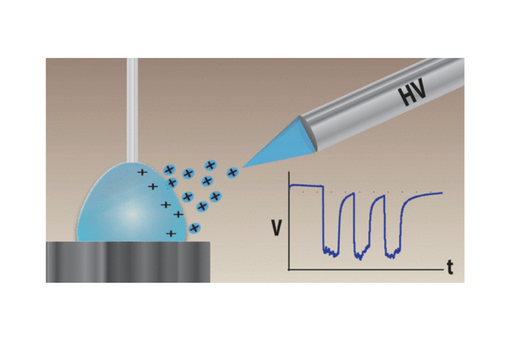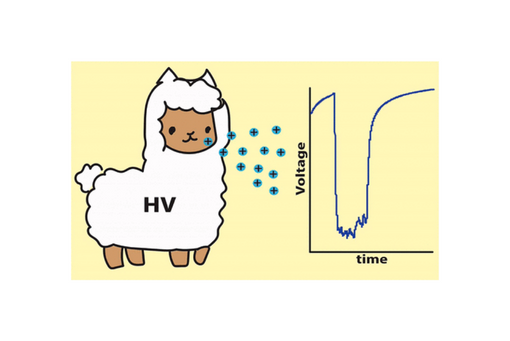
Jeffrey Dick
Adjunct Associate Professor
jedick@email.unc.eduGroup Website
Curriculum Vitae
Research Interests
Electrochemistry, Nanotechnology, Sensors, Single Cell Biology, Catalysis
Research Synopsis
Our research is highly interdisciplinary and works at the interface of chemistry, biology, and nanotechnology. We are interested in the applications of electrochemistry to micro and nanoscale biological systems. Electrochemistry is a powerful tool to study these systems as nanoelectrode probes can be easily fabricated down to dimensions similar to biological macromolecules, 5-15 nm in diameter. These very tiny electrodes allow us to study the behavior of single molecules and nanoparticles. The manipulation of electrode size spanning nearly 9 orders of magnitude also allows us to study reactions occurring in living cells in real time and observe those reactions changing after a perturbation, such as delivery of a drug, infection, carcinogenesis, or even aging. These experiments are very sensitive and give us access to the ultimate sensitivity in analysis: a limit of detection of just one. Thus, we are interested in analytical applications of technologies we develop, such as the specific detection of virus particles in complex matrices like saliva, blood, and urine.
Professional Background
BS, Ball State University, Muncie, Indiana, 2013; Ph.D, National Science Foundation Graduate Research Fellow, The University of Texas at Austin, Austin, Texas, 2017; Postdoc, NIH CORE Postdoctoral Scholar, The University of Texas at Austin, Austin, 2017-2018.
News & Publications

The current work introduces a new method utilizing PILSNER for the examination of the particles generated during ESI using simple analysis techniques with a commercially available potentiostat.

To this end we introduce analysis of liquid particles in aerosols via charge-induction amperometry (ALPACA), an extremely simple potentiostat-based technique capable of on-line, rapid measurement of the aggregate charge of aerosol particles.

